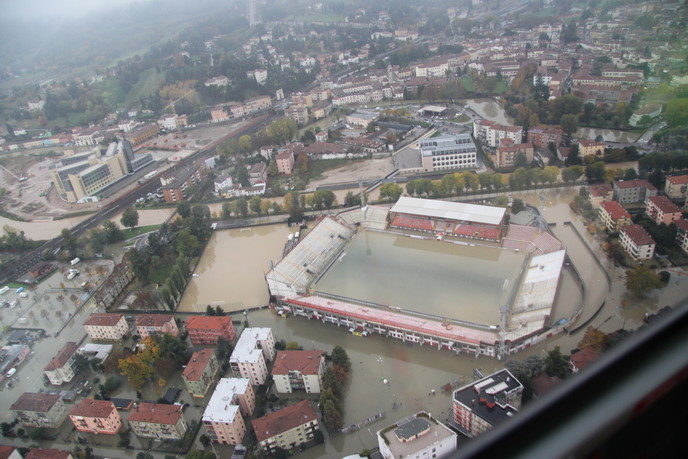Economic governance and struggles over eurozone crisis management and EU cohesion
The eurozone crisis and its management damaged the plan for developmental catch-up that was at the core of EU integration and expansion since the 1980s. The austerity-focused crisis management overseen by the EU and the International Monetary Fund rendered difficult any new development strategy in the affected countries, essentially keeping them in continued recession. This led to movements that questioned not only the burden placing of crisis management, but also the EU economic integration model. The EU-funded RECONFIGURATIONS project investigated the hypothesis that this decline in the confidence of EU administrative functions, institutions or leadership has partly been limited by the discursive-symbolic construction of hierarchies between debtor and creditor states and their constituent societies within the eurozone. Project partners performed empirical research, combining discourse analysis of crisis narratives with a review of the governmentality of reformed EU economic governance and a political-economic assessment of the eurozone crisis setting in which these narratives and practices emerged. The focus was on Greece and Spain. Using the results as a basis, they consolidated an interdisciplinary research programme that studies centre (creditor) and periphery (debtor) relations within the EU. The RECONFIGURATIONS team fostered an innovative research and teaching perspective in European integration studies, which is in high demand because of the crisis. To do so, it linked discursive political studies to insights on political economy, and developed tools of ‘critical EU literacy’ tailored to teaching in contemporary reflexive societies. Findings show that the one-sided focus on fiscal consolidation and overall eurozone stability has narrowed the prospects of sustainable developmental catch-up for countries that have joined the EU from a position of lower productivity. These exclusion trends were caused by discourse in the way EU crisis management and institutional reform were debated and imagined. RECONFIGURATIONS shed considerable light on how the management of the eurozone crisis and the ensuing reform of EU economic governance contributed to the formation of the centre and periphery in the EU.







